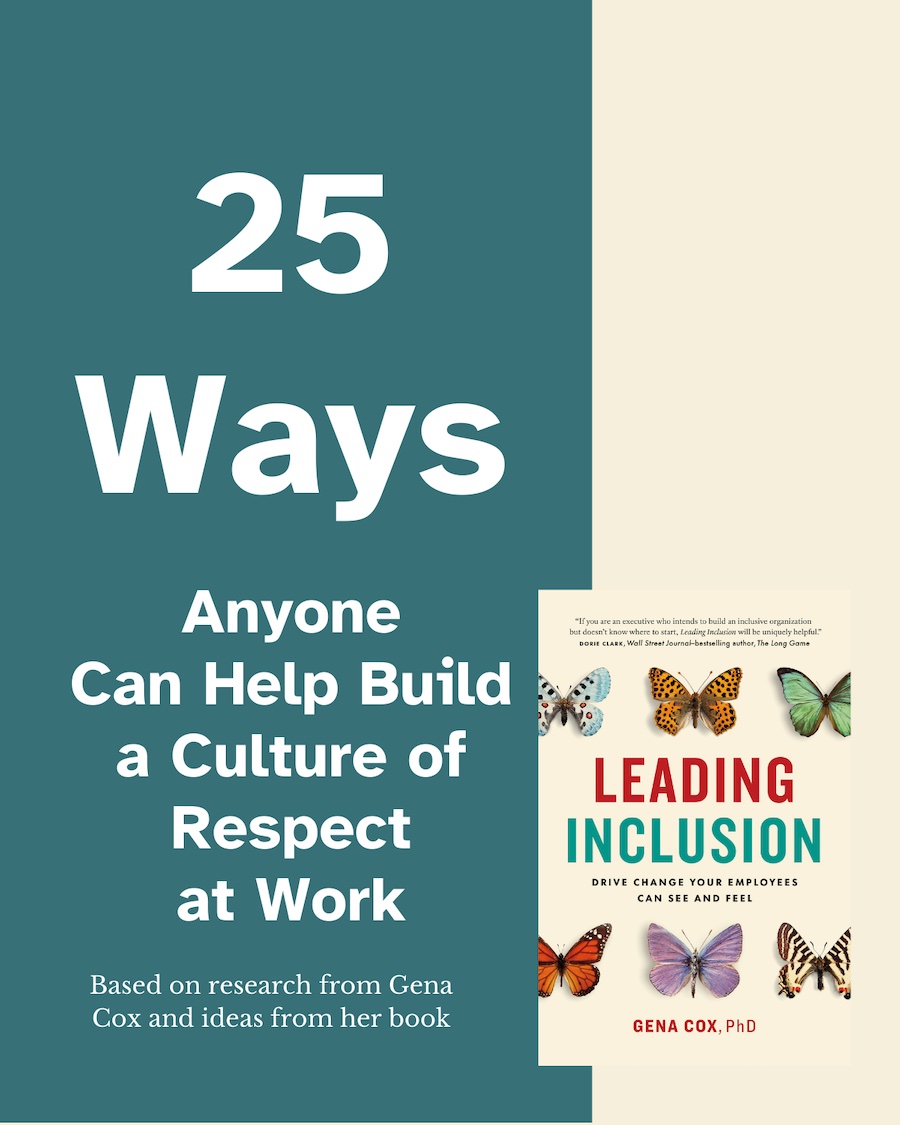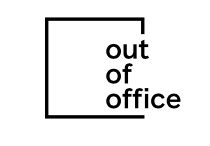“Burnout” is real; managers can nip it in the bud!

What is employee burnout?
According to research from Maslach and others, “burnout is “a state of exhaustion in which one is cynical about the value of one’s occupation and doubtful of one’s capacity to perform.” When a person is experiencing burnout, she feels an additional emotional burden, over and above other emotional burdens one might expect from the work. Employees often verbalize their awareness of burnout by saying they notice a change in energy level, sleep patterns, unhappiness when thinking about or performing the work, and a desire to avoid it.
How can you identify if your employees are suffering from burnout?
Leaders can look for the following signs of burnout: reduced communication from the employee, reduced involvement in social activities (e.g., keeping cameras off in Zoom meeting complaints), complaints of physical tiredness or lethargy, using language such as “needing a break,” or “needing to decompress.”
What can leaders do to support employees experiencing burnout?
That support needs to come in the form of providing more flexibility and autonomy. When leaders show their vulnerability, it is helpful because it shows empathy for the employee’s concern. Leaders can also show appreciation for the employee’s contribution. Something as simple as a “thank you” can have a profound effect. When employees are experiencing burnout, they.
What are some steps you can take to prevent employee burnout?
The most recent research from psychologist Dr. Christina Guthier indicates that while stressors cause burnout, burnout can also cause stress. The relationship is reciprocal. This suggests that the most important thing a leader can do is nip breakout in the bud. Take action at the first signs of burnout. And while helping that first employee, seek to understand if the issue is isolated to that person or is systemic in nature (i.e., something that is affecting most or all employees). Whatever you find, take action quickly because burnout causes stress, which makes burnout worse!















